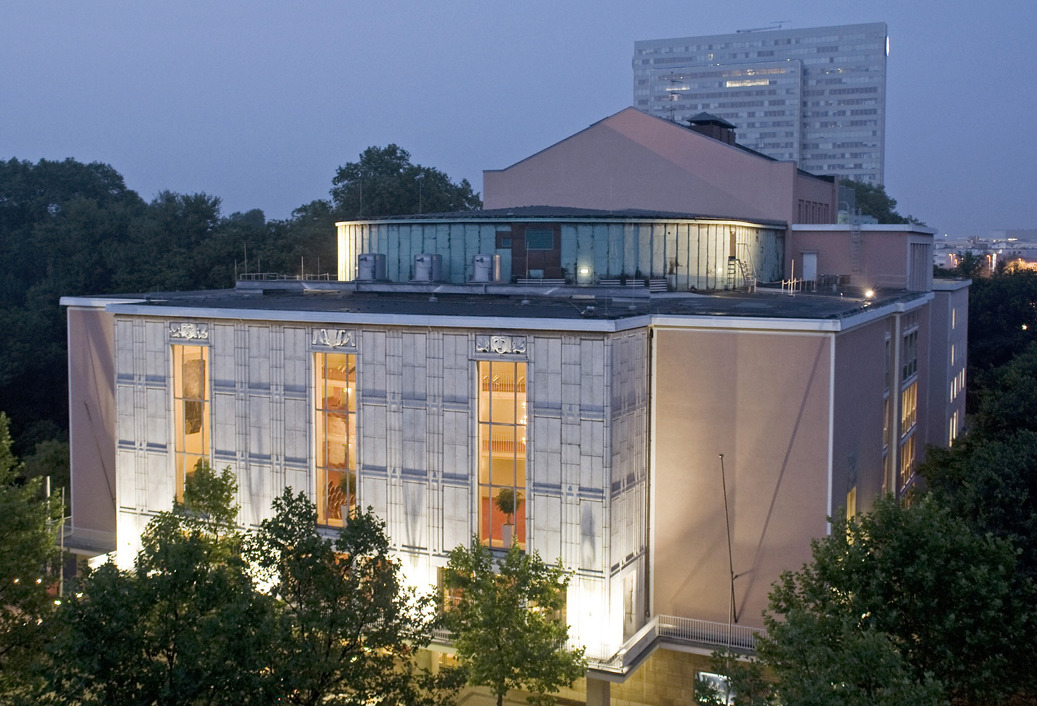
He was a prototype of Romanticism, a kind of doppelgänger of himself: E.T.A. Hoffmann was an official and an artist, and as such a conductor, painter, composer, and writer. A man with a built-in hard drive for the quirky and, very much in the romantic sense, for the fantastic.
This was also recognized by Jacques Offenbach, who made the poet Hoffmann the protagonist of an opera – of course with so many twists and turns that reality and fiction open the door to each other. At the same time, Offenbach designed his last stage work as a parable about the creation and failure of an artist. Bringing this to the stage is the task of the theater collective "1927" at the Düsseldorf Rheinoper, which has already made Barrie Kosky's "The Magic Flute" a worldwide success. Antonino Fogliani keeps the musical threads together.

